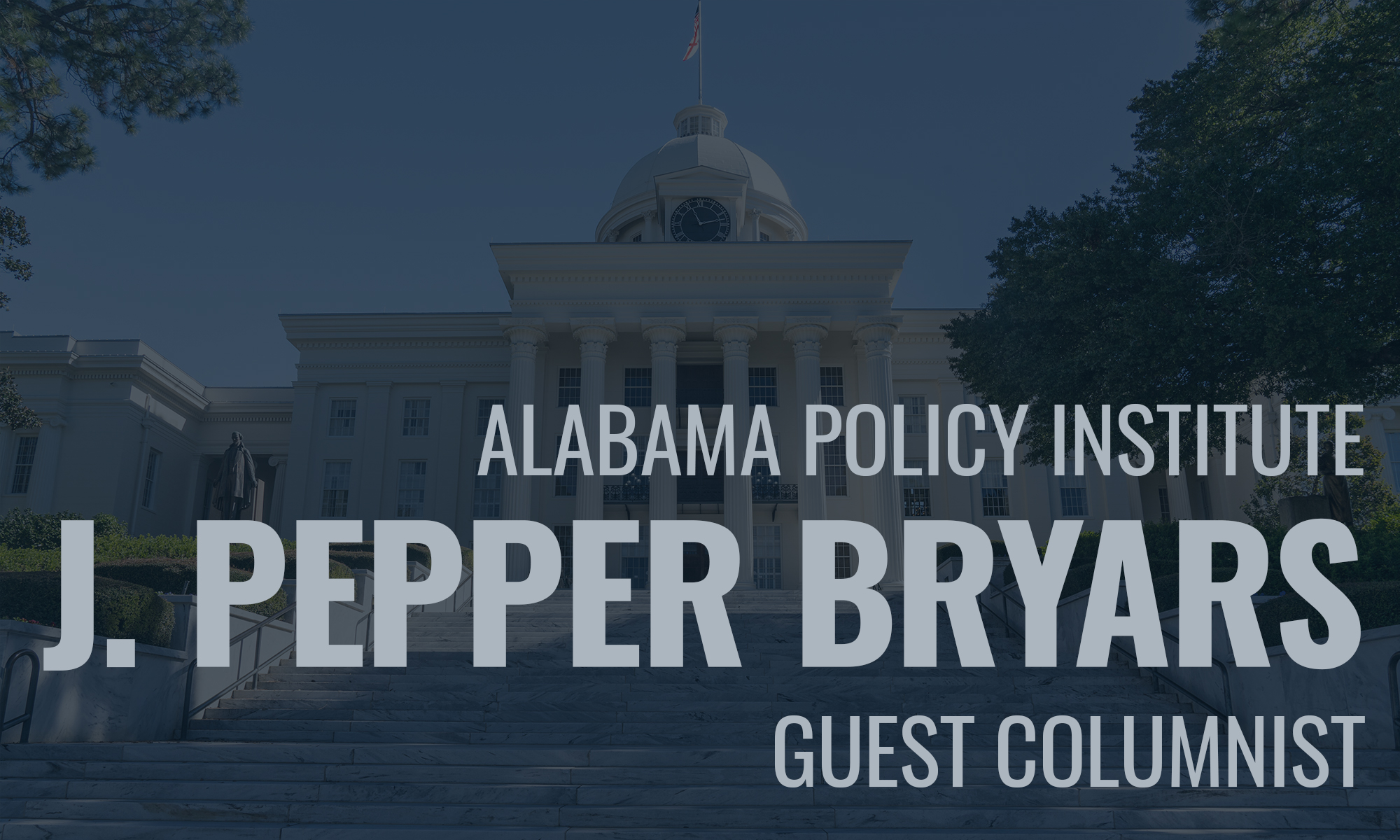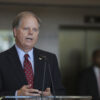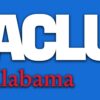Free speech zones, meant to move certain discussions away from where they could offend listeners, or be heard at all.
Speech codes, meant to limit acceptable topics to an ever-shrinking list of progressive-leaning beliefs.
And heckler’s vetoes, meant to give the power of censorship to a loud minority.
These tactics and others are part of a trend on college campuses that is chilling the free speech rights of faculty, students and visiting speakers who dare mention controversial or unorthodox ideas.
Thankfully, lawmakers in Alabama have an opportunity to ensure the trend doesn’t take hold here by passing what is being called “one of the most comprehensive and effective campus free-speech laws in the country.”
State Rep. Matt Fridy, R-Montevallo, has introduced House Bill 498 that would require the state’s public colleges and universities to adopt policies and procedures to protect free speech on campus. The bill was recently approved in committee and now awaits further action.
“Freedom of expression is critically important during the education experience of students, and each public institution of higher education should ensure free, robust, and uninhibited debate and deliberation by students,” the bill states.
It goes on to declare that it is not the proper role of these schools to “shield individuals from speech that is protected by the First Amendment to the United States Constitution, including ideas and opinions the individuals may find unwelcome, disagreeable, or offensive.”
But is campus free speech really a problem in Alabama?
Yes, at least according to one expert who has helped draft similar campus free speech laws in other states.
“Although it’s sometimes argued that the campus free speech crisis only affects deep-dyed blue states like California and Massachusetts, the problem is national,” wrote Stanley Kurtz, a senior fellow at the Ethics and Public Policy Center.
Kurtz noted how Alabama A&M near Huntsville recently made it on the “10 Worst Colleges for Free Speech” list maintained by the individual-rights advocacy group FIRE for having the most “red light” rated policies that, in their view, restrict free sp,eech.
The Washington Examiner published an article last year accusing the University of West Alabama in Livingston of having a “free speech zone” by limiting any demonstrations to a spot near its student union building.
And at the University of South Alabama in Mobile, a pro-life student club founded by Katherine Sweet was told in 2013 that they had to set up their display on an arguably low-traffic portion of the campus that’s designated for free speech.
“I went to South thinking it would be a place where I could debate freely with other students, engage in discourse, and ultimately learn from not only our professors, but each other,” Sweet wrote in an AL.com guest opinion article. “Aren’t universities supposed to be atmospheres that promote just that?”
Yes, and Fridy’s bill seeks to ensure they do through various measures, including:
Ensuring that faculty and students are free to take political positions, to express themselves in outdoor areas of the campus, and to assemble, speak and pass out literature,
Prohibiting the establishment of any “free speech zones,”
Keeping the campus open to anyone invited by student groups to speak,
Forbidding the imposition of excessive security fees that discourage some speakers,
And potentially suspending those who disrupt the free speech of others.
Voltaire’s beliefs in freedom of expression were once famously summarized with the phrase, “I disapprove of what you say, but I will defend to the death your right to say it.”
But unless our lawmakers act now, what you may hear on your local college campus could someday be, “I disapprove of what you say, so I will restrict your right to say it.”
J. Pepper Bryars is a senior fellow at the Alabama Policy Institute. Follow him on Twitter at @jpepperbryars.














































